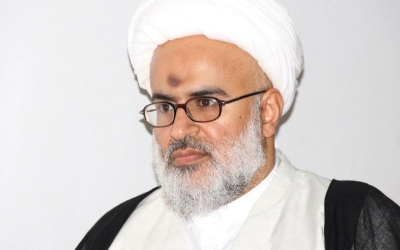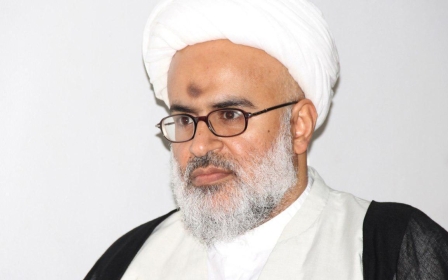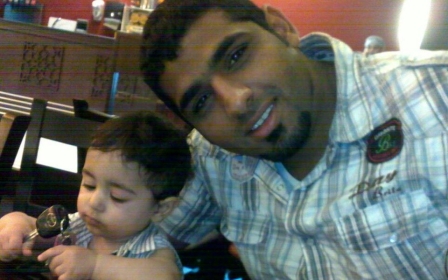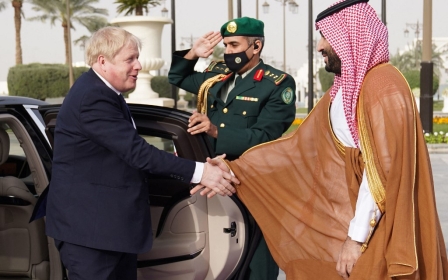Afghanistan enters race to join UN rights body after Bahrain withdraws over criticism
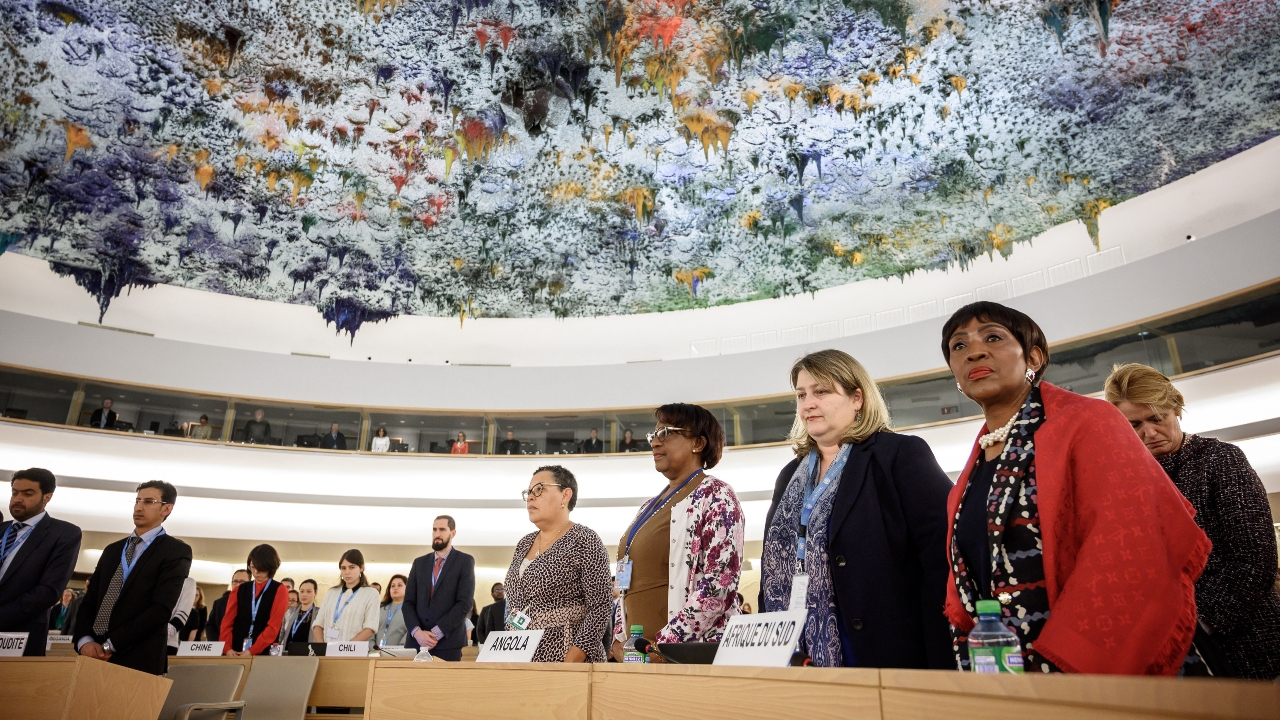
Afghanistan has replaced Bahrain as a candidate in elections to the UN's top human rights body to be held later this month, after critics drew attention to alleged human rights violations in the Gulf kingdom.
A UN website showed that on 26 September Bahrain withdrew its candidacy to run for a three-year seat at the Geneva-based UN Human Rights Council (UNHRC), without giving details.
The decision to replace Bahrain with Afghanistan came just weeks after a UN expert submitted a report to the UNHRC in which he warned that the Taliban, who returned to power in Afghanistan last year, were clamping down on freedom of expression and denying people their civic and political rights.
In his first report since being appointed as special rapporteur on human rights in Afghanistan in April, Richard Bennett said the rollback of rights previously enjoyed by women and girls was particularly deplorable.
In the report, dated 6 September, Bennett said: “I am gravely concerned about the staggering regression in women's and girls’ enjoyment of civil, political, economic, social and cultural rights since the Taliban seized control of the country.
New MEE newsletter: Jerusalem Dispatch
Sign up to get the latest insights and analysis on Israel-Palestine, alongside Turkey Unpacked and other MEE newsletters
"There is no country in the world where women and girls have so rapidly been deprived of their fundamental human rights purely because of gender.”
Bennett said those committing such crimes appeared to be acting with impunity and are creating an atmosphere of "terror".
The UN does not recognise the legitimacy of the Taliban government. Nasir Andisha continues to represent the former government as Afghanistan’s ambassador to the UN in Geneva.
'Huge relief'
Bahrain, home to the US Navy's Fifth Fleet, has imprisoned thousands of protesters, journalists and activists - some in mass trials - since an anti-government uprising in 2011.
It says it prosecutes in accordance with international law those who commit crimes, and rejects criticism from the United Nations and others over the conduct of trials and detention conditions.
A Bahrain government spokesperson told Reuters in a statement that the deferral of the kingdom's candidacy "results from ongoing consultation with its geographical group", describing that as a standard practice.
"Bahrain remains fully supportive of the Human Rights Council, to which it has been elected three times, and will continue to work with other UN member states to promote global human rights best practices," the spokesperson added.
A memo circulated among council members by the London-based Bahrain Institute for Rights and Democracy (Bird) drew attention to allegations of arbitrary detention as well as reprisals against individuals, as cited in a UN report last month.
The non-profit organisation also held a series of meetings with UN officials and diplomats in August to urge states not to support Bahrain.
Sayed Ahmed Alwadaei, advocacy director at Bird, told Middle East Eye: "It's a huge relief to see Bahrain withdrawing after our effective advocacy in Geneva against their candidacy.
"A country with an appalling human rights record which also enacts reprisals against those who engage with the UN, including myself, as recently noted by the UN Secretary General, should never hold a seat on the Human Rights Council.
"Bahrain has consistently denied special rapporteurs access to the country and used its UN seat as a vehicle to both evade human rights scrutiny and launder its international image over fake reforms.”
Political weight
Last month, Bird told MEE that Sheikh Abduljalil Al-Miqdad, the founder of Al Wafaa, a Shia opposition political group in Bahrain, had been assaulted in prison en route to a medical appointment.
The leading Shia cleric, 62, has been in prison for 11 years and is serving a life sentence for his role in the 2011 uprising.
A scorecard published by the International Service for Human Rights gave Bahrain a green tick for just three of 16 criteria, one of the lowest scores among candidate countries.
States with poor human rights records are sometimes elected to the 47-member council, although they may be suspended for abuses, as was the case with Russia after its invasion of Ukraine in February. Moscow says it quit the body and denies targeting civilians in Ukraine.
The rights council does not make legally binding decisions, but it carries political weight and can authorise investigations which sometimes help international trials.
Elections are due to take place later this month at the UN General Assembly in New York.
Middle East Eye delivers independent and unrivalled coverage and analysis of the Middle East, North Africa and beyond. To learn more about republishing this content and the associated fees, please fill out this form. More about MEE can be found here.


